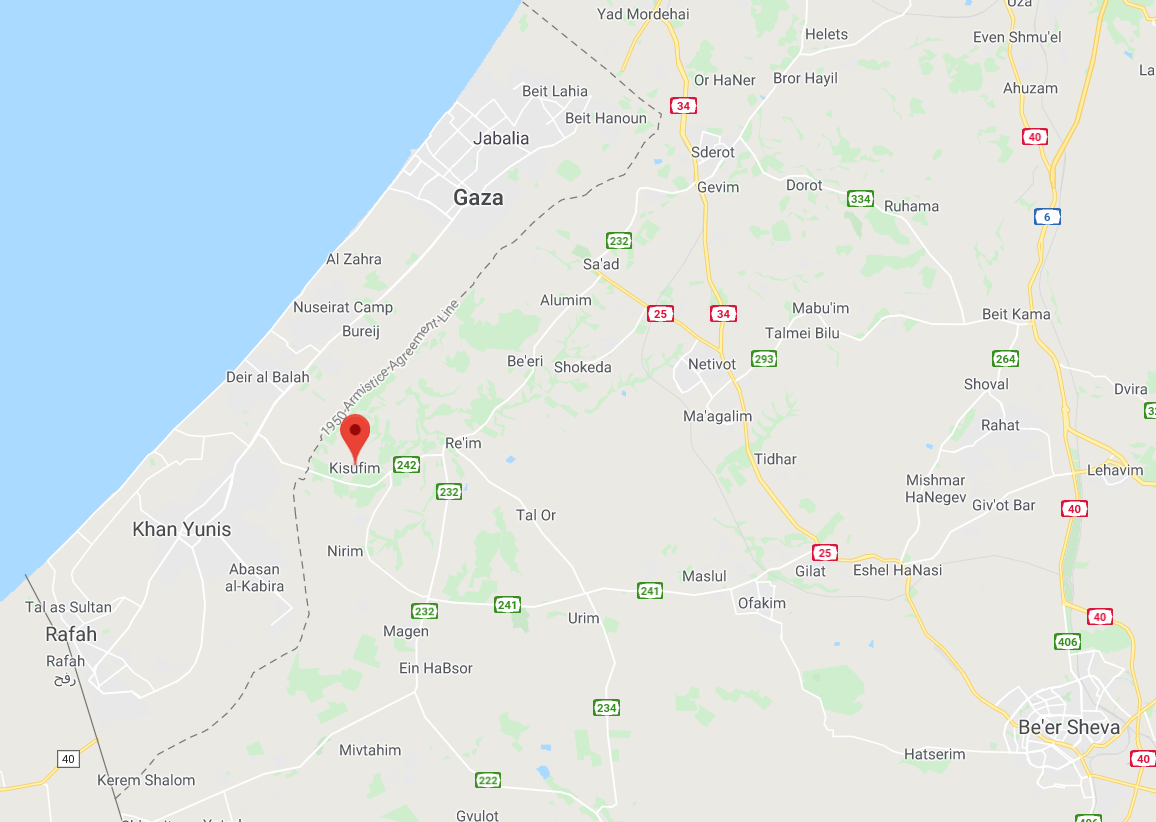1) The Begin-Sadat Center for Strategic Studies has published a paper by Yaakov Lappin titled “The Low-Profile War Between Israel and Hezbollah“.
“In defiance of UN Security Council Resolution 1701 that ended the 2006 Second Lebanon war, Hezbollah and its Iranian patron, with the assistance of the Bashar Assad regime, are filling Lebanon with surface-to-surface projectiles, and aiming them at population centers and strategic sites in Israel. To forestall this threat, the Israeli defense establishment has, according to media reports, been waging a low-profile military and intelligence campaign, dubbed “The War Between Wars,” which monitors and occasionally disrupts the transfer of advanced weapons to Hezbollah. This campaign has allowed Israel to reportedly exhibit the extent of its intelligence penetration of Hezbollah and the prowess of its precision-guided weaponry, thus boosting its deterrence, but has not weakened Hezbollah’s determination to expand its vast missile and rocket arsenal. It also carries the calculated risk of setting off escalation that could rapidly spin out of control.”
2) At the JCPA, Amb. Alan Baker takes a look at the topic of the laws of occupation.
“Israel has consistently claimed that the simplistic and straightforward definitions of occupation in the 1907 Hague Rules and 1949 Fourth Geneva Convention, may not necessarily be appropriate with regard to the West Bank areas of Judea and Samaria, and the Gaza Strip area, which do not fit within the rubrics set out in the above conventions.
This is all the more evident in situations where the sovereign status is recognized to be legally unclear or non-existent and as such cannot be seen as “territory of a High Contracting Party” as defined by the Fourth Geneva Convention.
The legal questionability of pre-1967 Jordanian sovereignty, as well as Egypt’s self-admitted non-sovereign military administration of the Gaza Strip, give added relevance to the question whether the classic and simplistic concept of belligerent occupation could be legally relevant and applicable to Israel’s unique situation in the territories?
It is well known that prior to 1967, Jordan’s annexation of and claim to sovereignty in the West Bank were not accepted in the international community, except for the UK and Pakistan. Jordan’s claim to east Jerusalem was not accepted by the UK either.”
3) The Jerusalem Post carries a Kurdish writer’s impressions of his visit to Israel.
“I recently traveled to Israel as part of a study abroad program through the American University in Washington, DC. As a master’s student concentrating on peace and conflict resolution and as a Kurd from northern Iraq, I was curious about the intense hostility toward Jews in the Middle East, the negative bias in the mainstream media and the continuous antisemitic lectures and activities on college campuses, including my own university.”
4) At the Washington Examiner, CAMERA’s Sean Durns discusses “How terrorists and tyrants do PR“.
“”Many a small thing has been made large by the right kind of advertising,” observed the American writer Mark Twain. Unfortunately, this principle is known to terror groups and tyrants as much as it is to businesses that use high-flying public relations firms.
Terrorists of all types have long utilized the media for propaganda purposes—from the Irish Republican Army timing bombings to ensure they appeared on the nightly news to al-Qaeda’s exploitation of the Al-Jazeera news network during the second Iraq War. Indeed, as long-ago as 1987, the analyst and psychiatrist Dr. Jerrold Post was pointing out that many terror groups had what he called a “vice president for media relations,” tasked with orchestrating press coverage.”




